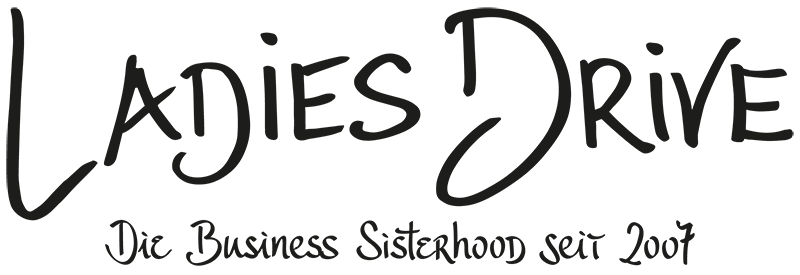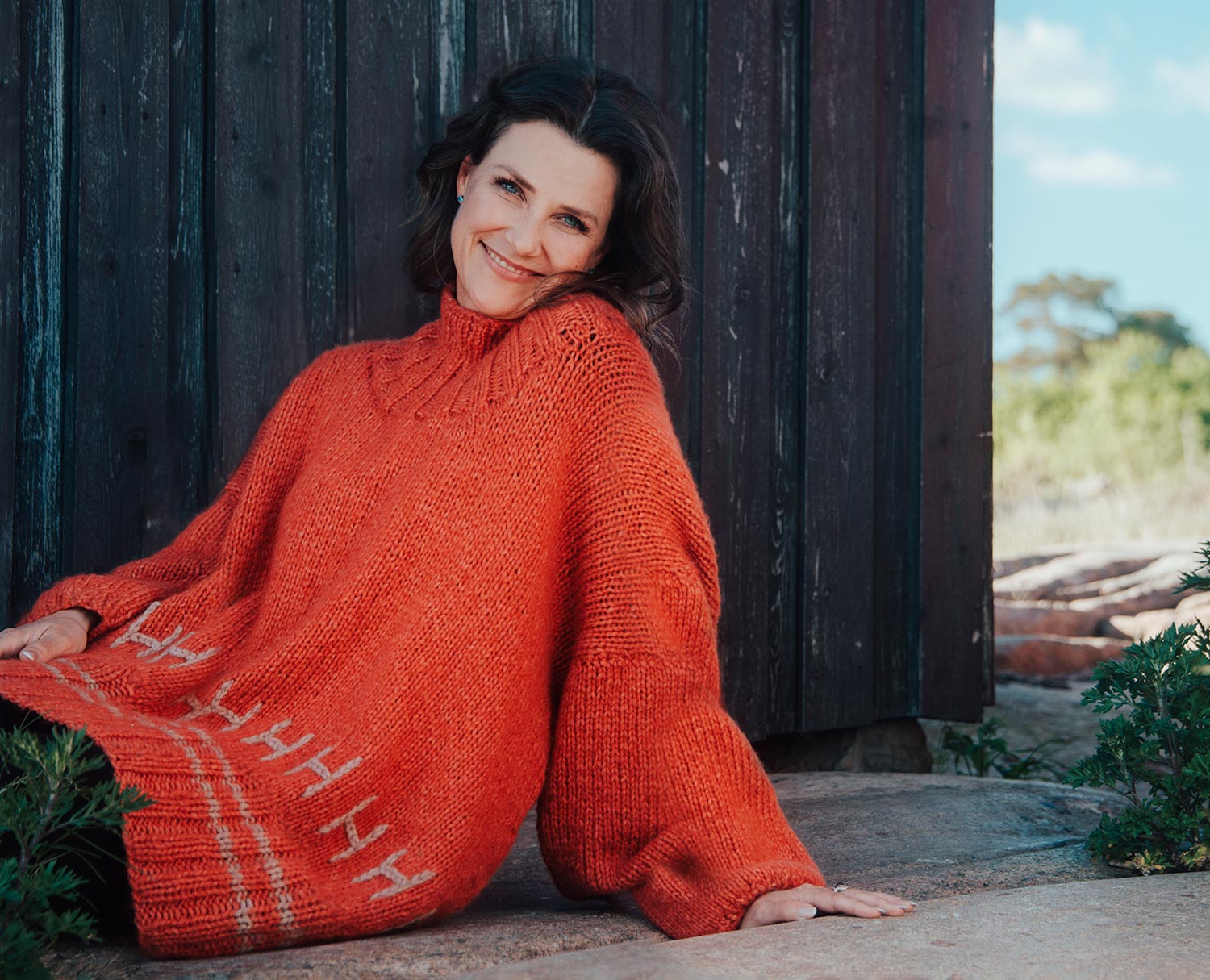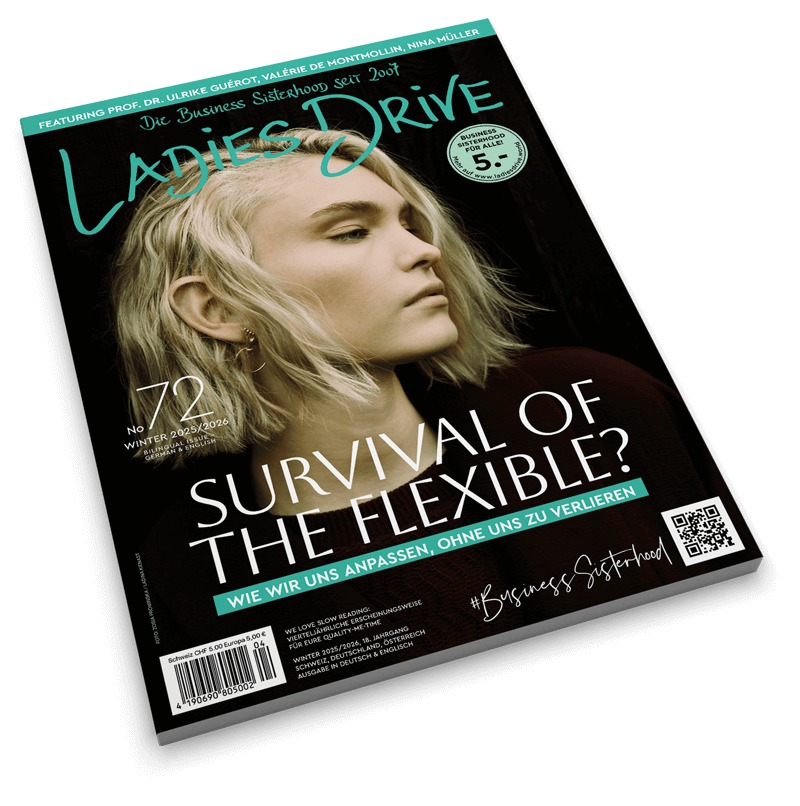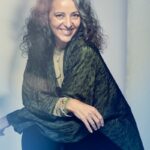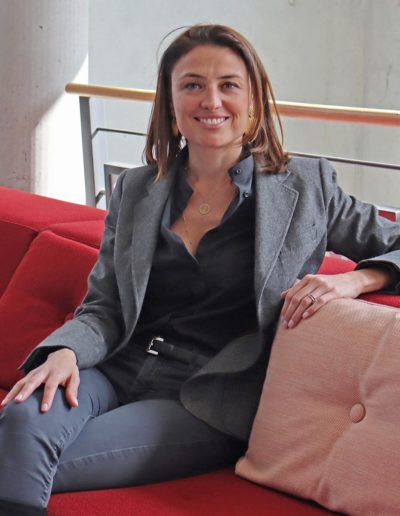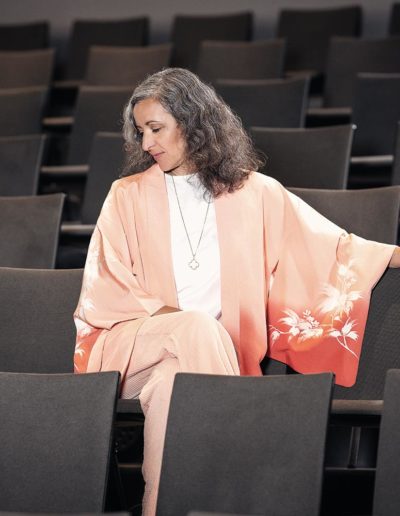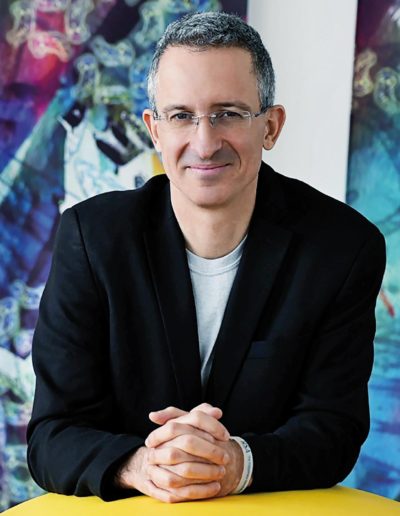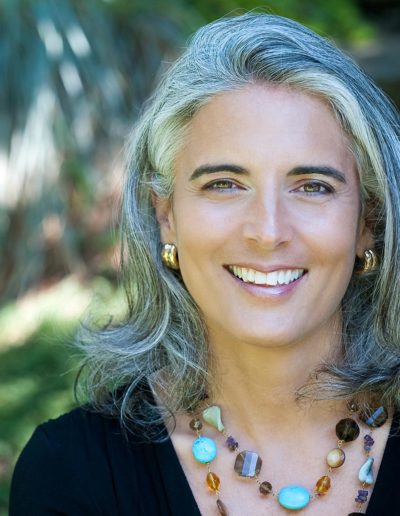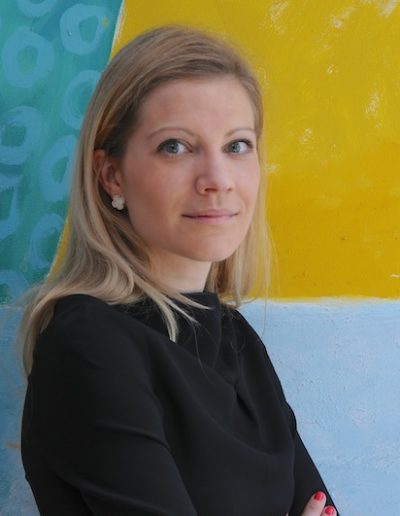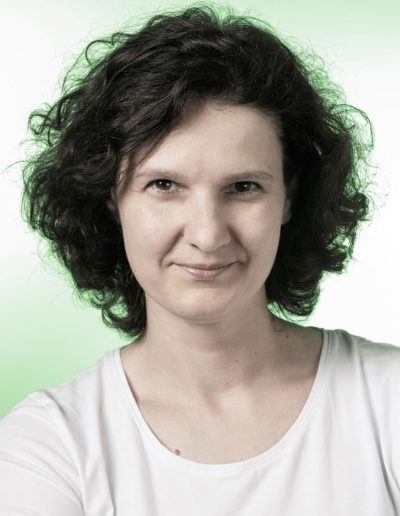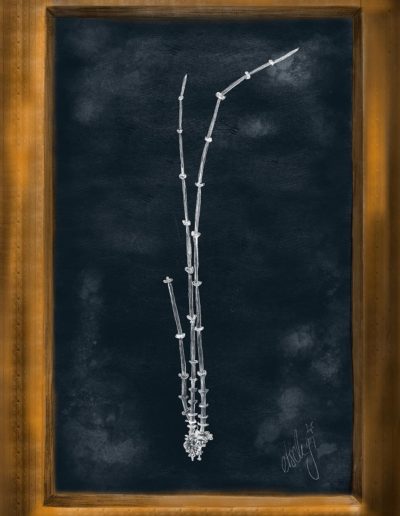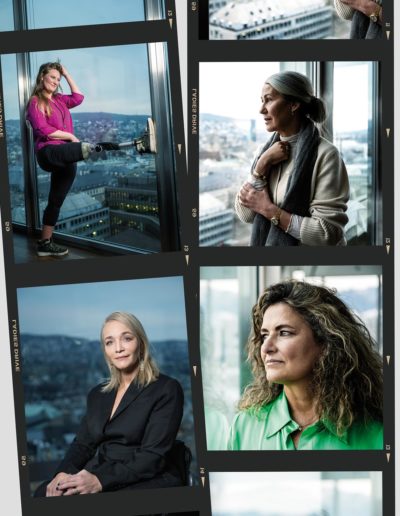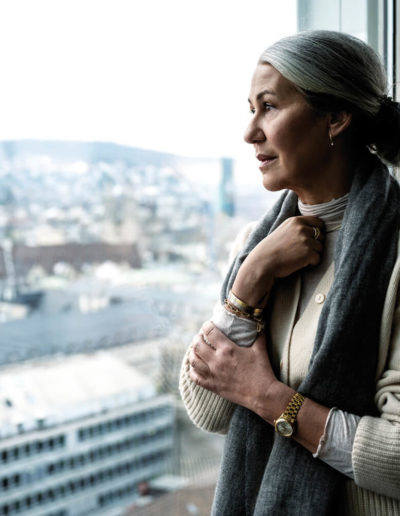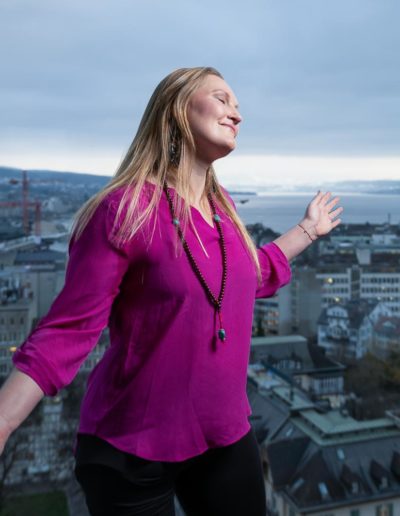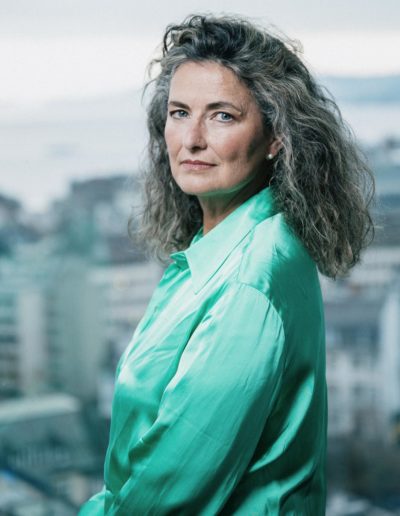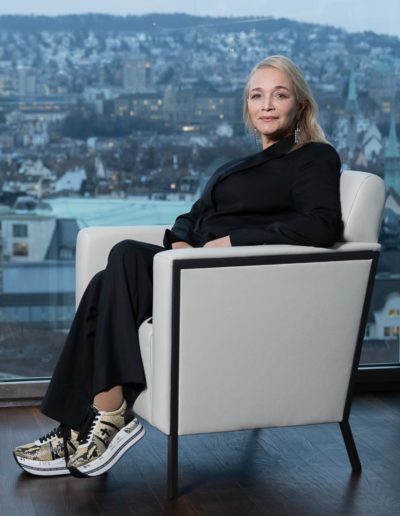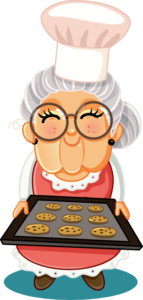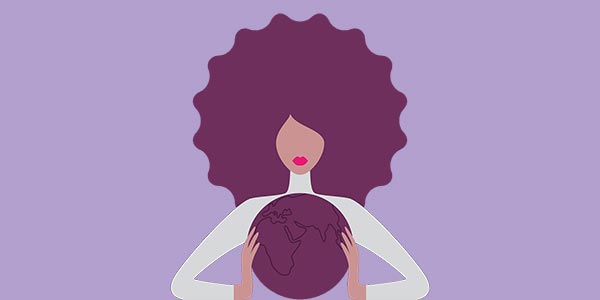Märtha Louise is a trained physiotherapist and a Rosen Method Practitioner and lives in her beloved home country Norway although her love, Durek Verrett, a well-known Californian Shaman, is based in the US. In fall 2022 she renounced her royal duties (as fourth in the line of succession to the Norwegian throne) in favor of her big love.
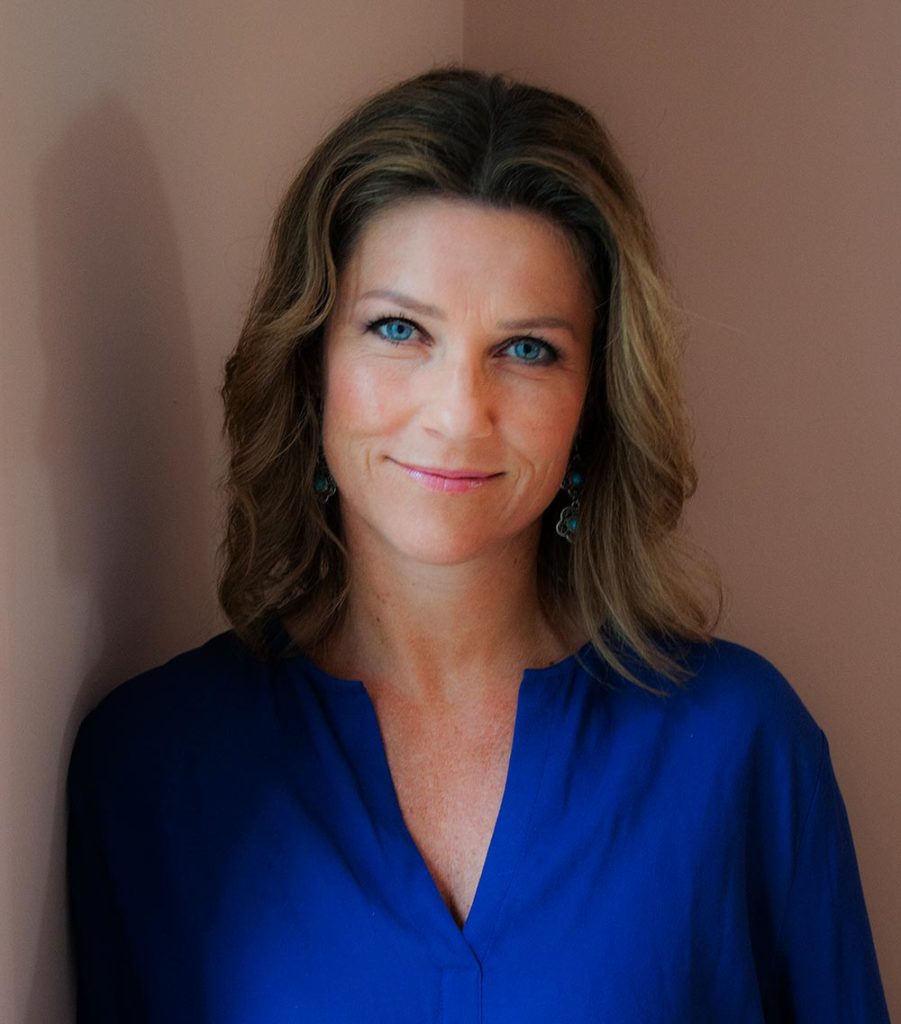
Princess Märtha Louise went through a number of traumas, the suicide of her ex-husband Ari Behn on Christmas Day in 2019 being the one still shaking her up. The Princess and author Ari Behn married in 2002 and split in 2016 – a first for the Norwegian royal family. The couple share three daughters together, whose hearts were shattered after their father’s suicide. How can a family mourn when everyone seems to be watching? How can you heal after such a traumatic event you find hardly words for?
Princess Märtha Louise is opening her heart today in order to share with you how you pull through, how you can heal – and grow, being forgiving, loving and reflecting. A breathtaking interview.
Interview by: Sandra-Stella Triebl
Ladies Drive: The topic “Post Traumatic Growth” resonates with you. And before we started recording this interview, we were just speaking about how important it is to have role models. We need women and men who speak up, who share their vulnerability. I’m very thankful that you’re willing to share.
Princess Märtha Louise: On December 25th 2019 the father of my children committed suicide. That threw us into a rollercoaster of events and emotions and depths – I would say – of despair, sorrow, anger, longing. You know you go through all these emotions. Me being alone then with the kids was really, really hard for like two years. Corona was kind of a blessing for us because the kids could stay home. And so, I went through all of that – keeping them stable, getting them to different therapists, being there for them when they needed me. Being there 100% as a mom. And then when they landed on their feet, then I could finally crack. I got depressed, I couldn’t get out of bed, I was in a very bad mental state. But giving myself time and meditating, using the powers that we have inside of us, and also the support of my friends and family, helped me to pull through. And what happened in our family was that we came much closer to each other. Because everything was okay: you could cry, you could be angry, you could be sad. You could laugh, you could be happy. And we all understood that this will take a long time to heal. We all dealt with in many different ways. Someone wanted to talk all the time. Someone wanted to cry, cry, cry all the time in order to get it out. Others needed a lot of alone time. And others came out and burst. It’s so different how we deal with sorrow. And the first thing we dealt with, which the crisis team also told us was, that it is not our fault. Like, it’s never our fault.
Because you ask yourself what you could have done to prevent it…?
Yes. Could I have done something to save him. I think it was like a really big thing that we managed to go through the whole process without feeling that we were to blame. This was his choice and he had mental health challenges before.
We all knew that. You know, he must have been so desperate that this was the only way out. It was not against any of the kids. You know, like, we asked ourselves: but why?
(Pause) The only thing I was focused on was my kids being okay. But I haven’t heard of post traumatic growth before. When the kids landed, and started getting back to their lives, finding their balance again, having worked through so many of these issues that had come up, it’s been a huge growth for us since. It’s like you get a certain depth. And suddenly I saw that my kids bloomed, like blossomed. The first thing that happened when my ex-husband died: For the funeral my oldest daughter Maud said: “I want to have a speech for him.” As the funeral was broadcast on TV I was so nervous that she wouldn’t be able to do it. But I was there with her, besides the coffin, when she spoke. And she just delivered a beautiful speech about suicide and about how wonderful her dad was. She addressed also to people that are thinking about taking their lives, that they have to think about it, because there are others who love them and that…there is always hope. We got so many messages after that, saying: “I was going to take my life this Christmas and your speech saved me.” That was and is a way for her to heal by helping others. That’s also why she’s giving the money she earns with her art to mental health organizations in Norway. She continued to help others and that has also become one of her strengths. She’s become clearer as an author, as a poet, as an artist, as a painter. And she’s dared more. And then I saw my second daughter, who also became more powerful. She just won her second award last Friday for being a beauty influencer. She became a model, which she has always wanted since she was like five. I’m not a fashionista, I’m not like that, although I always had to be, you know, well-dressed and the like. I’m a country girl, I like being in the stables with my horses. My daughter has really grown into her power, being incredibly independent and bold. And my third daughter is the horse girl and she’s like hugely successful with our horses and has been in the European Championships twice and also won a silver medal in the Nordic Championships. All of them have like channeled this kind of trauma into this immensely strength and power, in such a way that I’m just sitting there going like: “What happened here?”
Wow…that gives me goosebumps!
And then I came across this article talking about post traumatic growth and from then I was like: “Yeah, that’s what happened!” We, as the family, have become so much stronger. We have been able to create a space where we hold each other, in each other’s fears, in each other’s arms. And then blossoming happens. It’s so beautiful. I mean – it has been terrible. It’s been really hard. It’s been awful. I mean non-functional at times. But coming through that, being able to be there for each other and growing through it, it’s been like a journey that has been also incredibly beautiful. And my fiancé Durek Verrett, he’s a Shaman, he says when a heart dies, the power goes through the next generation. And I really see it in my kids.
You mentioned that you could hardly get out of bed. What did really help you to get out of bed?
Time and being able and allowing myself to not function for a while. I had help from many of my friends who supported me (pause). This is my second like real interview after Ari died. I cry a lot now and that is just how it is. Yeah, so I had friends who would bring food and just be there for me (pause).
Acknowledging and accepting that there are these bad times and there are all these feelings, this is the most important step to getting better. Because any trauma, any challenge can break you, rip you apart or make you stronger and let you grow.
Absolutely. Psychologists say that you have to choose to get better…?
I think that it’s not as easy as choosing. I had times where I could not choose at all. Where I was just totally non-functional and in despair in my bedroom. I told my kids: “I’m sorry, I can’t function today.” And they were fine with that because they have been through the same. They have been so sweet. I went through lots of different therapies. But being with the horses has helped tremendously, because I had to get out of the house, I had to do something, I had to be there for them because they can’t just not eat for three days. Having close friends and family around has been key to my healing. I think that having kind of a community that is at your side in these dark times is really important (pause). I haven’t really talked about this before (pause). Knowing yourself and starting to have different boundaries of saying no and accepting that you can’t fix everything like you used to, accepting that I cry all the time, that I can’t be as energetic as before, I can’t work as much than before, so accepting all of that is part of the healing process.
It takes a lot of energy to heal.
Yeah, exactly! And that’s also one of the things that was so surprising to me. Being in sorrow felt like running a marathon. Nobody talks about that, but it’s so physically exhausting! I mean, when it happened, we couldn’t sleep for like five days being exhausted at the same time, drained. But I know myself better now, what is good for me, and what is not, who is good for me, who is not.
When you’re high in energy, you can accept energy-suckers and energy-givers. But when your energy is low, you can’t accept having people around that are sucking out the rest of what you have.
Yes. You know, as a family we have become much stronger, all the girls support each other. And they are just so happy for each other when one succeeds. There’s no jealousy or anything like that. So that’s also a really big thing, I think.
That’s so wonderful to hear. Because it could have been that it rips your family apart, too. Because I have seen it in my own family as my mom died, also when my sister-in-law died, from one day to another. The first half year, everyone felt really close, but all of a sudden it changed…
It’s nobody’s fault when someone dies. I think that’s really important for people to know. Because then, as you are saying, then it becomes this guilt game where you’re more guilty than me, and we start blaming each other instead of healing the wounds that we actually have. This happens when we’re sad, we miss that person, and we are hurt. So I think a really important thing is to tap into these feelings and just let all these emotions bubble up. I mean, I’ve been through the whole spectrum of emotions. Anger, shame, sadness, blame, guilt. And happiness! That was a really important lesson for me. I remember the first time my kids were happy after he died and they were like: “Oh my god, I was happy today and I feel so bad.” And I answered: “Please don’t feel bad. Being happy is as life would give you a little break. You have a lot of sorrow, a lot of things that you have to go through. Be happy. Just enjoy this moment although you’re still in pain, although you still love your dad so much, you still like long for him and miss him. All those things are still there, you are still angry at him or whatever feeling you may have – be happy about these little moments.” I think everything in life is about breath. We breathe in and we breathe out. And when you sit a lot in sorrow it’s like breathing in all the time. And you need to breathe out, too to continue living. I think we often forget about this fragile balance and we need to learn to accept who we are and whatever feelings come up – just let them flow through us instead of pushing them down. Because if we push them down, they don’t go away.
There is no growth in denial, right? There is darkness in life and there is light…
Interesting you say that – what is really darkness and light? I’m convinced that darkness and light are neither good nor bad. Aren’t all our emotions just emotions? Do we have to judge and label them, like: anger is good for setting our boundaries? And then we have bitterness and all these things that are uncomfortable and that’s why we call them bad? We don’t need to label our emotions. Emotions are just emotions. Today I feel bitter. Great. I feel shame. Yes, I’m shameful. We women are so shameful for everything we do, in all sorts of things we do. Let’s celebrate life and ask ourselves instead: Where does this come from in the first place? What happened when I was little that made me feel shameful for who I am, expressing myself doing all these things?
For example, I’ve had a lot of anger that I would push down, not from now, but from when I grew up, because I’ve had to behave so well. I kept my anger at bay, but I was so scared of my anger that I thought that if I let it out, nobody would love me anymore and that nobody wanted to be around me, because I would be just too much. That was actually also covering up my power of speech, talking, just being free as a woman and saying what I actually needed to say.
So how could you grow after that traumatic experience?
Yeah, so I took time to grieve. I took time to just be knocked out. I took time to steadily get back on my feet. I became part of a new startup, because half a year before my ex-husband died, my best friend died of cancer. He and his wife had a company together and she didn’t know how to keep the farm. He was a horse trainer. And then another friend of hers came over and she was like: “I’ve always wanted to make a clothing brand. Shall we do that?” So we all ended up in launching a startup which is taking off pretty well now. We have our clothes in 85 stores in Norway, 34 in Denmark and we’re now going to Sweden and Germany and maybe Switzerland? So it’s really fun. That has also been part of our healing as we have healed together, her and me. We have a lot of humor, and we laugh a lot. In addition to that I also have a horse channel on YouTube and Instagram, it’s called Hest360, which also carried me through. It’s the biggest horse channel in Norway at the moment. Horses can help us in manyfold ways. They are not predators like dogs or cats. They are huge, timid flight animals with an incredible gentle and loving energy. We shared all the different ways that horses and being close to horses helps people in so many different situations, from sexual abuse to drugs, to coming out of a trauma. We had a series on Hest360 called Horses on Prescription. The University Hospital psychiatrists use horses as equal therapists as humans and we were lucky to witness the effect of these beautiful animals and how they utilize them in psychiatry. The horses seem to know exactly what they are doing – it was very, very impressive, and so wonderful how people and animals can work together in that perspective. And that was really eye-opening to me.
Animals don’t judge, I think. And they have this unconditional love that we are all looking for. I mean, I experienced a very conditional love from my mom. She loved me, obviously, but it was very conditional. And being loved unconditionally by a being, a dog in my case, opened up a whole new world for me.
Yes! Because that also opens up that unconditional love for yourself. And it shows you how you can love yourself like that and have that acceptance for yourself. And when we get to that point, we start respecting ourselves and seeing ourselves in a different light, that makes us respect and see other people in a different light, too.
As human beings we are very, very similar to a certain degree – it’s so interesting to see how we all seek love and how we live in a world built on fear. We want love, we need love, we flourish in love, we grow in love, we become more creative, more stable. So why on earth do we build a society on fear, where we are holding each other down and having these power games? It doesn’t make sense to me! And so I really want to spread the word that we need to focus on what we have in common and how we can build bridges between cultures, different opinions, ways of seeing the world. We need to look past our differences and find a way where we have common ground and start building that common ground more strongly together. And having that fundament of love, that builds a better world.
Absolutely! After that trauma, that you just shared, how did this experience change the way you see media and how they treat you regarding your relationship with Durek?
I don’t think it changed the way I see the media because the media has always been very critical to me, and they were also very critical to Ari. I’ve had a huge journey and the relationship with Durek changed my worldview in many ways. Because I thought I knew what racism was before I got together with him. I don’t think we, as white people, can understand what racism is because it’s just so much deeper than I ever imagined. It’s the subtle things that happen everyday which have been such an eye opener for me. I’m so happy that I can see it now – and I’m so sad I haven’t seen it before. But now I’m part of a new organization that is helping people faced with racism. That feels really good, so I’m proud of building that. That’s in the making at the moment. I have also seen with Durek, how the press had really torn him apart. When we started dating he had a successful business, but because of what the press has written, he no longer has. Wikipedia has picked up all the negative stuff about him that is not true. You know, he has lost so many opportunities because of that. So we need to talk about racism in our society. For me it was just wonderful meeting a person like Durek. And also seeing the cultural differences that we have which are broadening my mind in so many ways and I think I do the same for him. I guess that’s the way forward in the world, too – we need to broaden each other’s minds. All of us. At least I want to learn as long as I live on this planet. Life is not about being right – or wrong. It’s about being open hearted and open minded, fearless in a way. We all need to find a way to co-exist. And that has been an amazing path that Durek and I have been on, exploring new ways of seeing the world together, which is been really beautiful.
So when do you get married?
(smiles) I don’t know. No plans yet.
(laughter)
